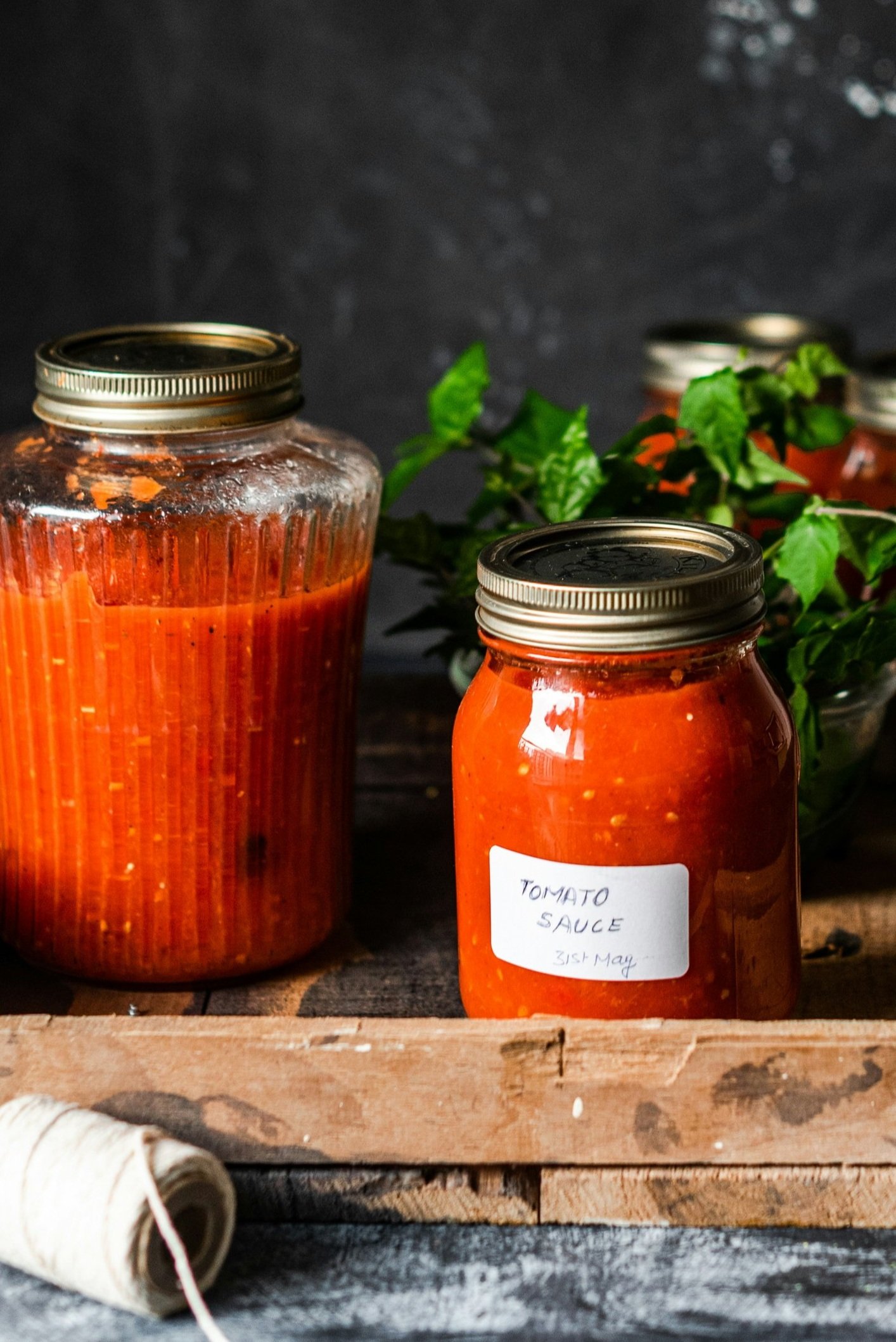Sugar, sugar everywhere. In soda, cookies and….tomato sauce?!?
You know added sugar is in donuts and candy but have you seen how much is in yogurt, cereal and fat-free salad dressing?
Added sugars in food can really add up to some unhealthy consequences:
👎 higher blood pressure
👎 weight gain
👎 diabetes
👎 chronic inflammation
👎 fatty liver disease
— all linked to an increased risk of heart attack and stroke.
The American Heart Association suggests daily limits:
No more than 25g for women and
No more than 36g for men
That's less than the amount in a regular can of soda! Keep reading to learn about some not-so-sweet surprises in condiments, granola bars and even seemingly healthy yogurts.
Granola Bars: While these might seem like a healthy option for an on-the-go snack, many commercially available bars are sweetened with added sugars to enhance taste, even when they are marketed as “high protein” or “healthy.” Sugar added can range from 8 to 15 grams (or more) per serving.
**Pack nuts with plain popcorn or dried fruit instead.
Yogurts: Even those labeled "low-fat" or "healthy" can harbor hidden sugars. Some flavored yogurts can have up to 20 grams or more of added sugars per serving.
**Opt for plain varieties and add your own natural sweetness with fresh fruit.
Condiments: Believe it or not, ketchup, mustards bbq sauces and especially salad dressings can pack a significant amount of added sugars, often as high fructose corn syrup.
Bbq sauce - up to 12-15 grams in 2 tbsp (!!)
Ketchup - up to 4 grams in 1 tbsp
Relish - 5 grams per 1 tbsp
Light or fat free dressing - 6g in 2 tbsp
Honey mustard dressing - 6 grams in 2 tbsp
**Opt for yellow mustard, oil and vinegar, hot sauces (check the label) or simple herbs and spices.
Tomato Sauce: Many store-bought varieties contain added sugars to enhance flavor. This can be anywhere from 3-12 grams per ½ cup serving.
**Choose a sauce that is labeled ‘no sugar added’. Another option is to learn how to make your own tomato sauce. It's less convenient but healthier and more rewarding.
Breakfast Cereals: Almost all cereals contain high amounts of added sugars, ranging from 10 to 20 grams (or more) per serving.
It's much better to have REAL foods for breakfast like eggs, fruit, oats, and whole grain toast.
**If you absolutely have to eat cold cereal, pick a low sugar variety like regular Cheerios, Special K Zero or shredded whole wheat.
Energy Drinks: These are some of the worst offenders on the list, with some exceeding 50 grams per serving.
**Better to skip these altogether… use plain black coffee or green tea for a pick-me-up when the afternoon slump hits.
Soft Drinks: A regular can of soda can contain around 39 grams of added sugar.
Best to cut these out of your diet as much as possible - these drinks have no nutritional benefit. Save soda for an occasional treat.
**Stick to water as your go-to beverage and you’ll never go wrong. Unsweetened tea can be flavorful and unsweetened seltzer has carbonation with no added sugar.
Candy and Sweets: It should go without saying but candies, cookies and other sweets have added sugar as their primary ingredient. Skip these whenever you can.
**Everyone needs a sweet treat now and then. Moderation is key, so eat sparingly. Fruit can have a delicious sweetness and with so many varieties out there, you can find some you really enjoy.
Added sugars really are everywhere!
So what’s the solution? Start understanding what you eat. Ignore the marketing deception on the front of the package and read the nutritional label on the back. Added sugar is always listed.
If you need more help assessing the food you eat or navigating healthy food choices, contact us. Our texting-based nutritional coaching is the easiest way to understand the food we eat and gradually shift towards healthier choices.









